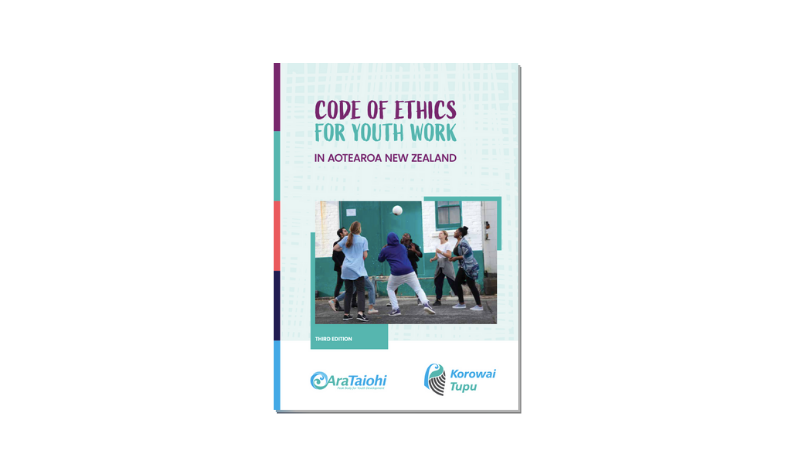With young people we are empowered by rich and diverse mātauranga, informed by good information.
Mātauranga refers to knowledge, wisdom, understanding and skill. It includes research, individual experience, customary and cultural knowledge, and the beliefs and ideals held by young people and their whānau. Good information is useful, timely and meaningful, it honours indigenous thinking, it is evidence based and translated for the recipient to reflect on. We can strengthen mātauranga by weaving together these different forms of knowledge and making them relevant to the decisions facing young people and their whānau. Being empowered by rich and diverse mātauranga informs both young people and people who work with them towards personal growth. Young people actively participate in making meaning of information and are supported to make holistic, positive choices for themselves and for their whānau. People who work with young people are supported to actively reflect on their relationships and practice.
Te manu e kai ana i te miro, nōna te ngahere; te manu e kai ana i te mātauranga nōna te ao
The bird who partakes of the miro berry owns the forest; the bird who partakes of education owns the world
(Ministry of Education-Te Tāhuhu o te Mātauranga, 2017)
22. Kaitiakitanga | Supervision
22.1 Youth workers actively participate in regular supervision (such as individual, group, peer, or team supervision) with skilled supervisors.
22.2 Supervision should be resourced and initiated by the youth worker’s organisation. Youth workers have the right to negotiate who their supervisor/s are, and to identify specific areas of expertise that would benefit the young people they work with.
23. Te rangahau me te arotake | Research and evaluation
23.1 Youth Work practice is informed by relevant research and evidence. Youth workers source indigenous, local, national and international research that enhances their knowledge and skill base.
23.2 Youth workers ensure that their work is evaluated to support improvement.
24. Te whakapakari me te ako | Professional development
24.1 Youth workers actively reflect on attitudes and methods, and are open to learning from a variety of spaces, including indigenous, informal and evidence-based mātauranga.
24.2 Youth workers prioritise formal and informal training and professional development.
24.3 Youth workers regularly seek feedback from young people, whānau, their organisation, colleagues and other professionals to inform their practice.
24.4 Youth workers consider and reflect on their long-term career path.
24.5 Youth workers have knowledge and understanding of this Code of Ethics and how it applies to their work.
NextYoung People Working with Young People